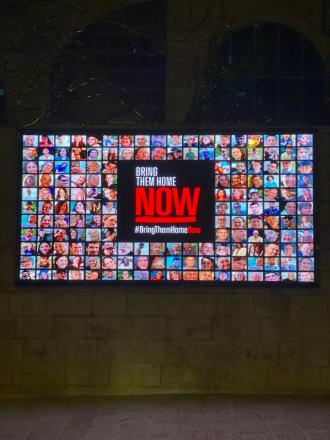In everyday use, words are useful tools that communicate assertions, ideas, aspirations, and uncertainties. But they can also become vehicles for ideological conflict.
This is what happened to vaccine in 2021. The promising medical solution to the pandemic that upended our lives in 2020 also became a political argument and source of division. The biggest science story of our time quickly became the biggest debate in our country, and the word at the center of both stories is vaccine.
Hopes for cures and treatments of COVID-19 began as soon as the disease began to spread. Research into a new kind of vaccine containing messenger RNA, or mRNA, genetic material rather than an inactivated form of the virus was accelerated. After decades of studies conducted for application to diseases such as influenza, Ebola, and rabies, this new type of mRNA vaccine against the SARS-CoV-2 virus was rapidly developed, tested, and manufactured for broad use, with the first doses being administered in the U.S. in December 2020.
The use of a vaccine that triggers an immune response in an entirely new way required that Merriam-Webster revise and expand its entry for the word, which the company did in May. The definition, which formerly read “a preparation of killed microorganisms, living attenuated organisms, or living fully virulent organisms that is administered to produce or artificially increase immunity to a particular disease,” was replaced with the following:... Read More: Merriam-Webster

















